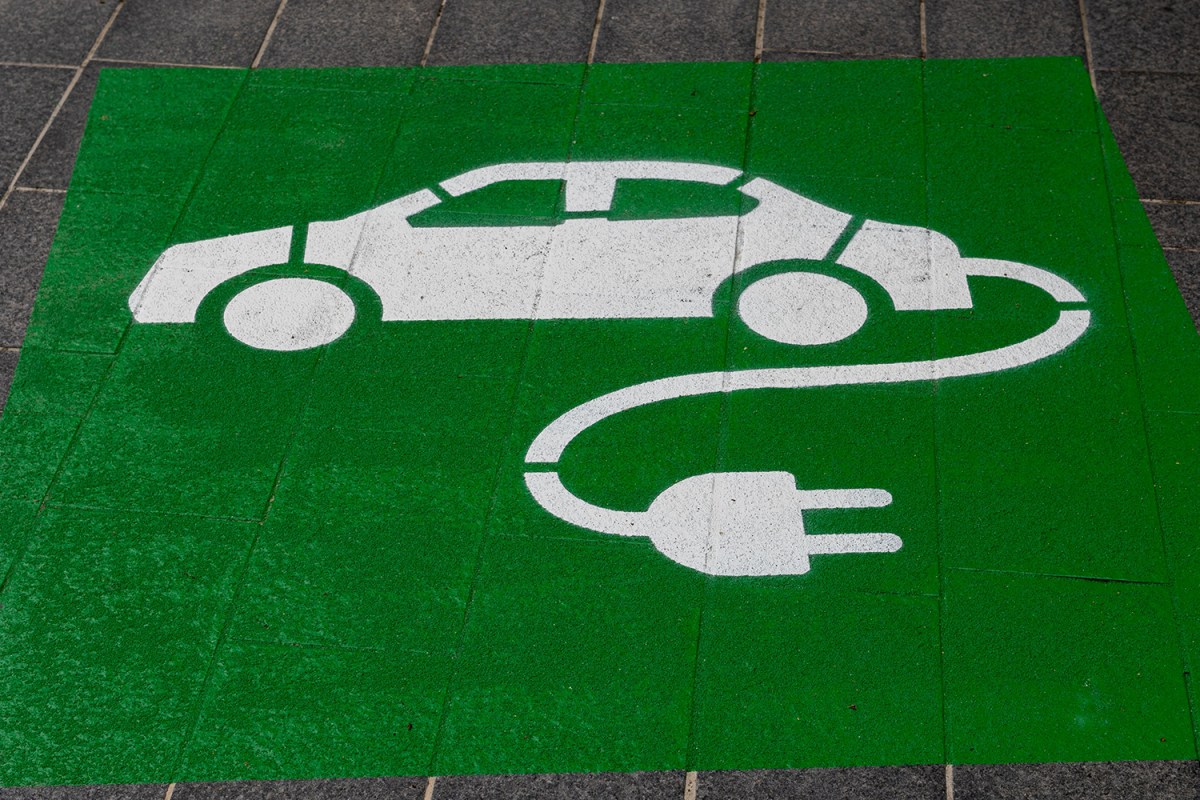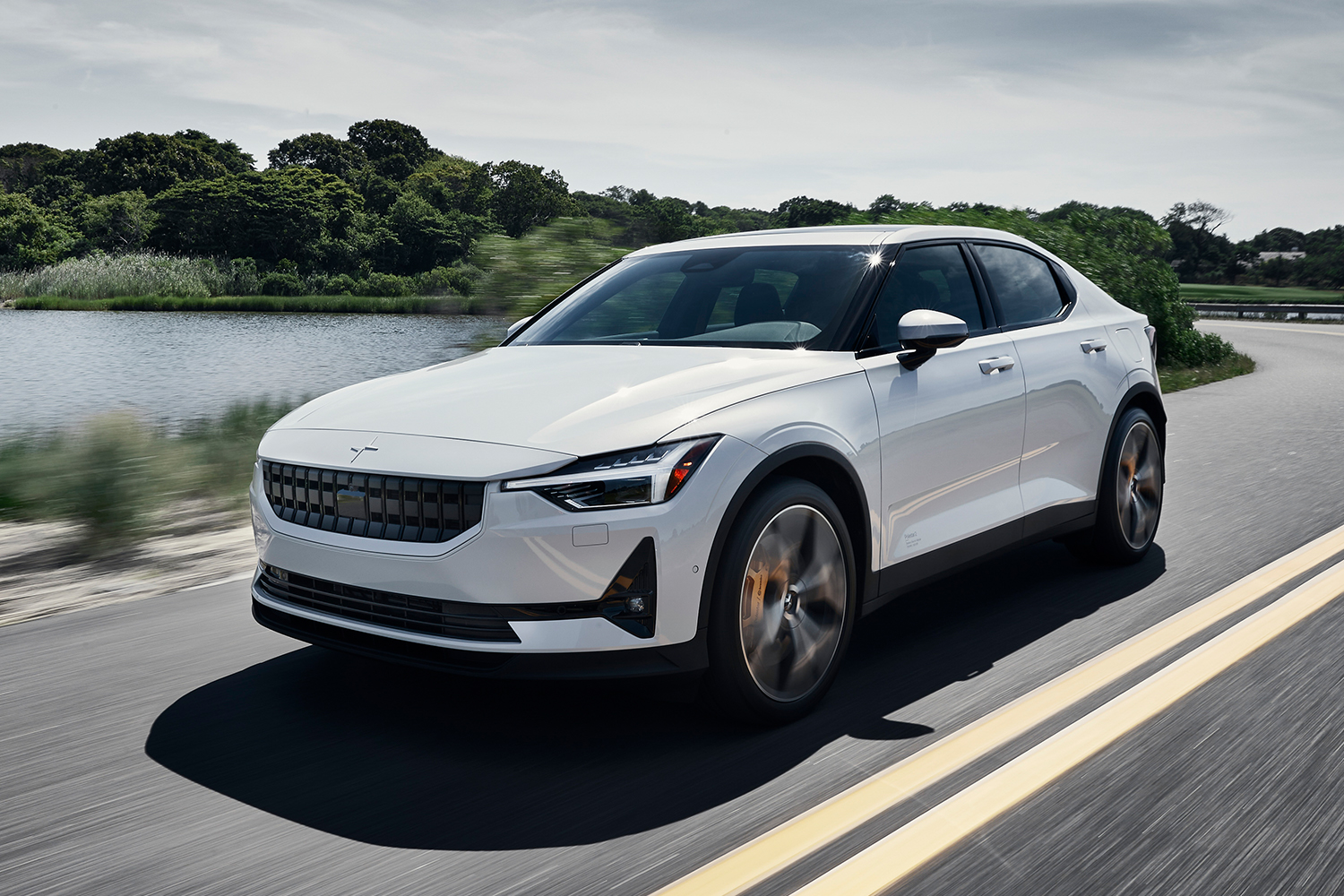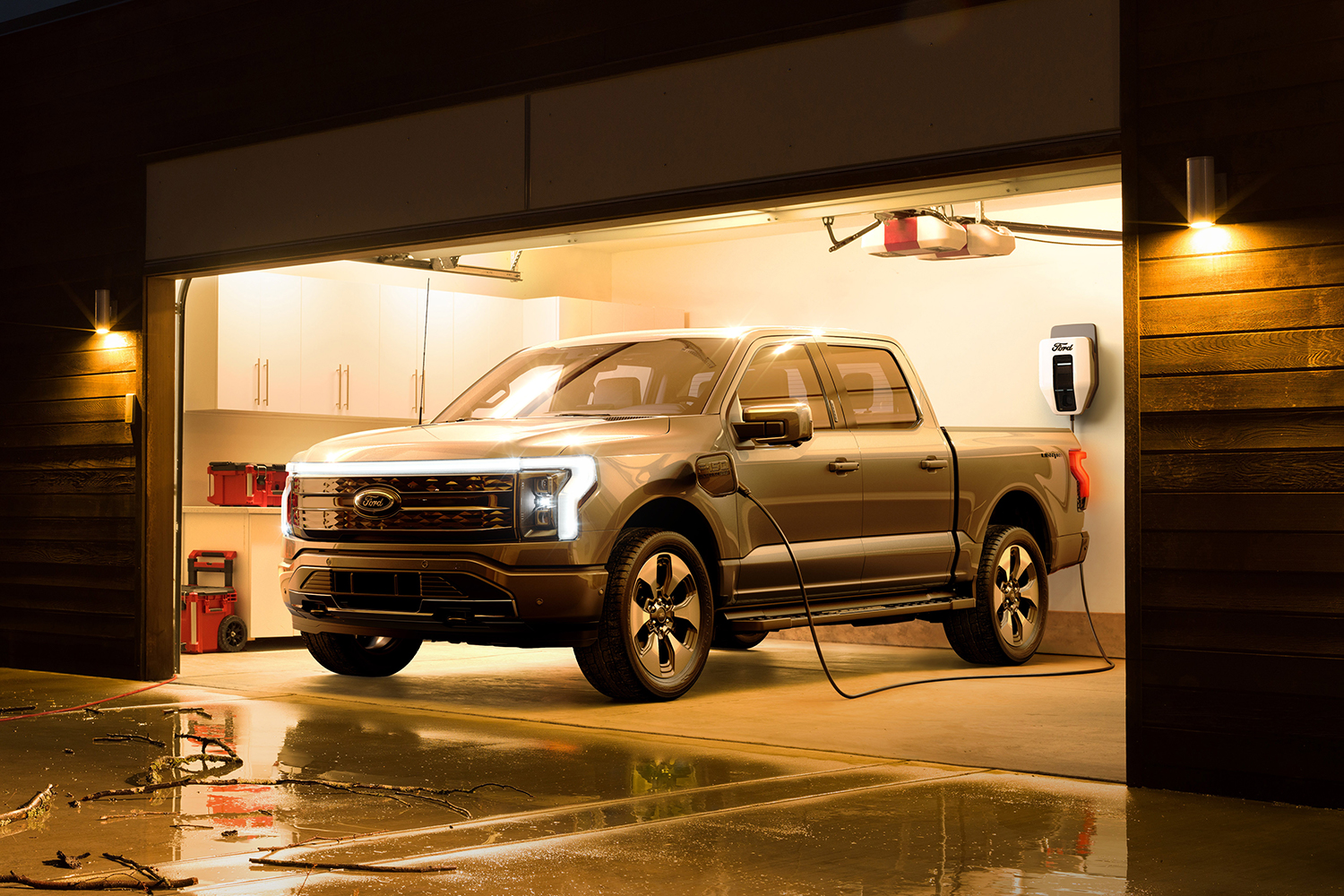When deciding on the next car you’re going to buy, there are some generally accepted pros and cons between sticking with a traditional gas car and switching to an electric vehicle. On the positive side for internal combustion engines, they generally cost less up front, there’s no new learning curve and refueling is fast and easy. On the EV side, they’re better for the environment, filling up with electricity costs less than gas and they also cost less to maintain — but exactly how much less?
The U.S. Department of Energy recently commissioned a study which, in part, looked at the difference between scheduled maintenance costs of traditional gas cars and electric vehicles. After factoring in all manner of services, from oil changes to new wiper blades to brake pads, the estimated cost of maintenance for light-duty gas vehicles is 10.1 cents per mile, while comparable battery electric vehicles come in at just 6.1 cents, as reported by Motor Trend.
While that doesn’t seem like a huge difference, when you look at the lifetime of your car, it can actually put the total cost of ownership of some currently available EVs lower than their gas counterparts.
Let’s break down the numbers. According to Car and Driver, an average internal combustion engine car today can be expected to last 200,000 miles. Adding up the maintenance costs, that puts a gas car at $20,200 and an EV at $12,200, a difference of $8,000. And if we use the 300,000 miles that electric cars are estimated to last, the difference, obviously, becomes larger, with gas cars costing $30,300 for maintenance and EVs costing $18,300, a difference of $12,000.
That means, should you be looking for a Volkswagen, you could initially favor something like the Atlas Cross Sport, a five-passenger SUV, because it starts around $31,000 compared to the electric, five-passenger ID.4’s $40,000 sticker price. But factor in the $12,000 difference in maintenance cost and the EV is immediately more affordable, and that’s not even including the price difference between fueling up with gas versus electricity, or the potential tax credits you could get which would put the ball even further in the electric SUV’s court.
Of course, maintenance isn’t the only factor at play here, and these costs are merely an average; if you’re buying in an upper echelon of vehicles, comparing the Porsche Taycan to a Porsche 911, for example, you can naturally expect those maintenance prices to increase.
But when we wrote about the general American opinion of EVs earlier this month, we noted that the more people learn about electric cars, the more likely they are to be open to buying them. As we can see from this recent study, total cost of ownership is just one piece of that puzzle.
Thanks for reading InsideHook. Sign up for our daily newsletter and be in the know.

















